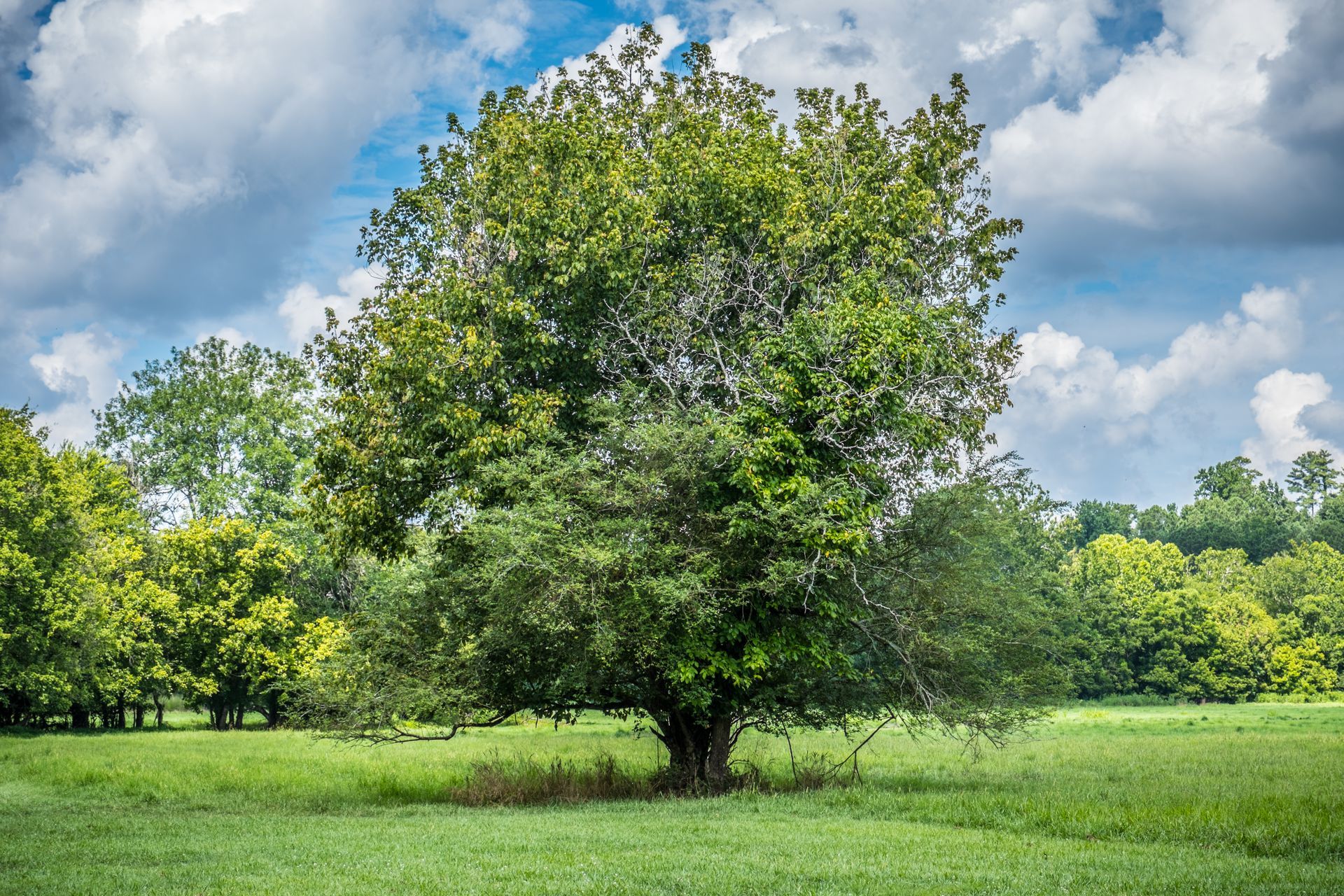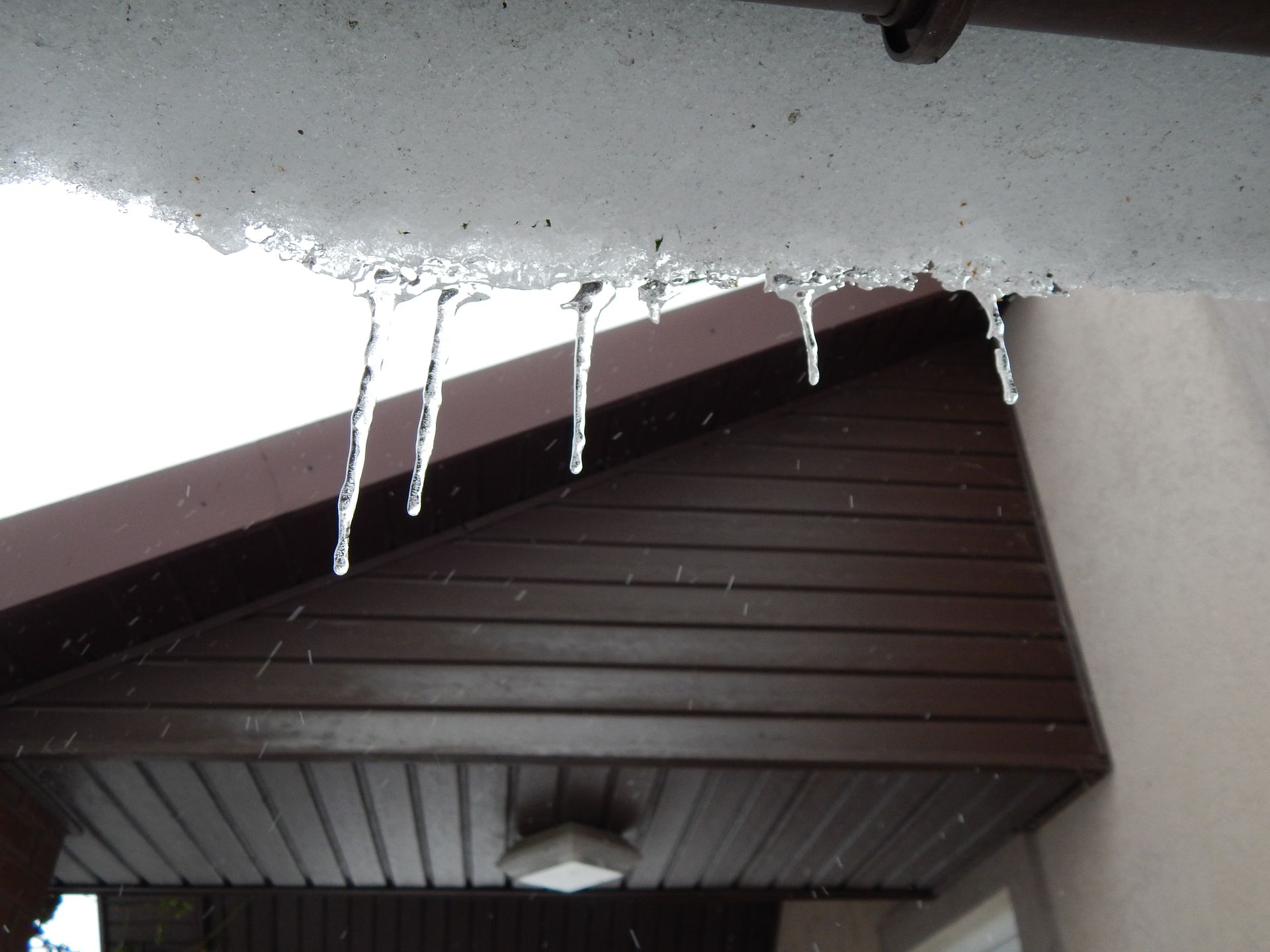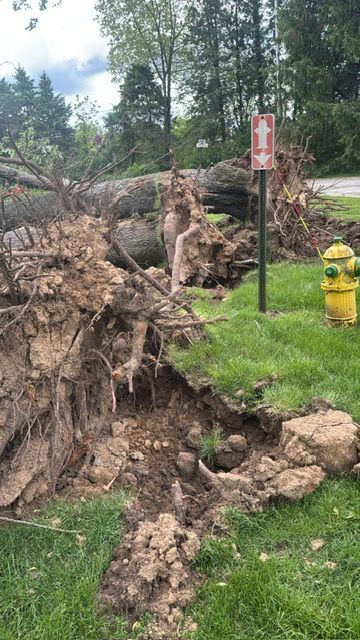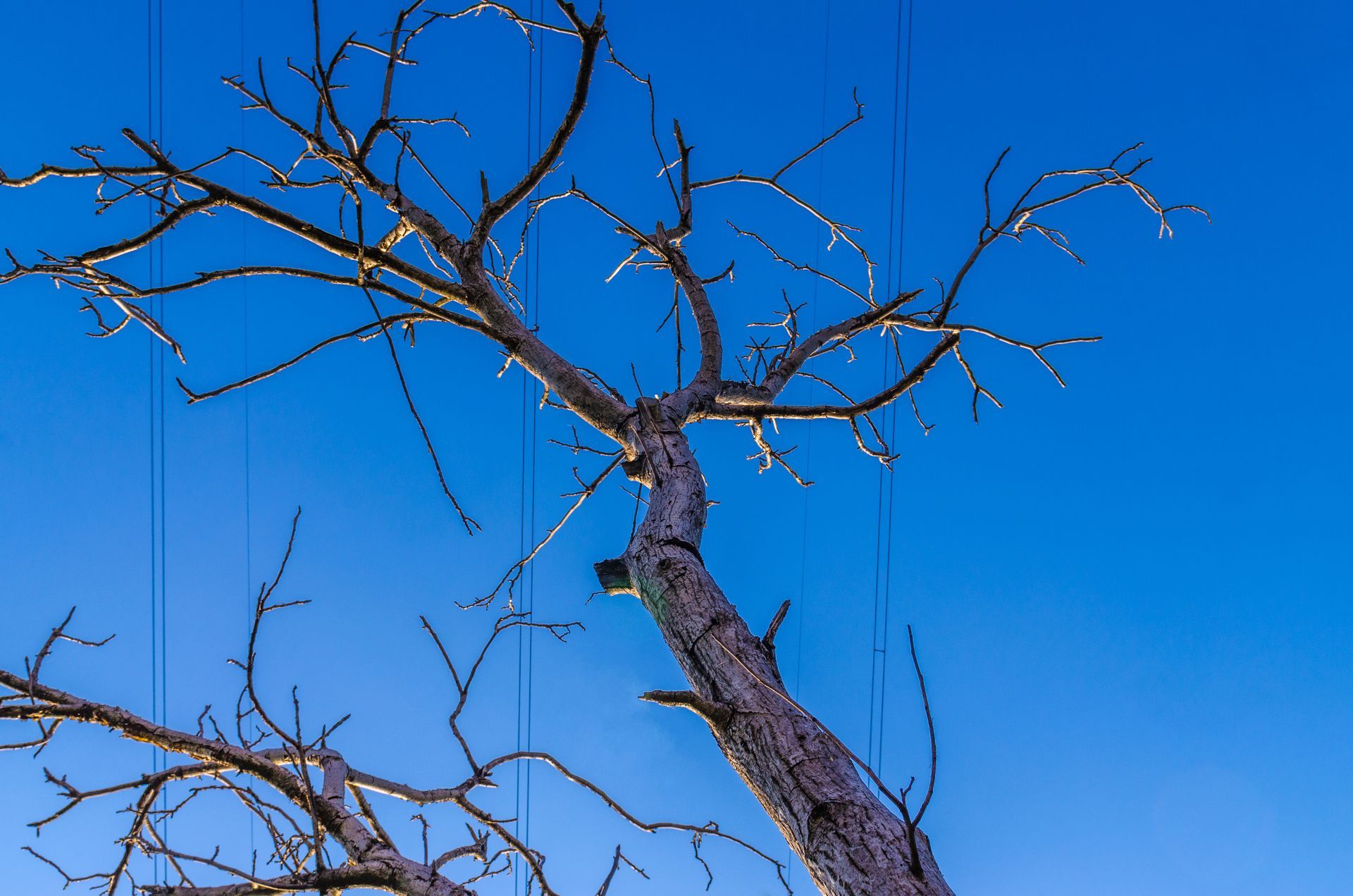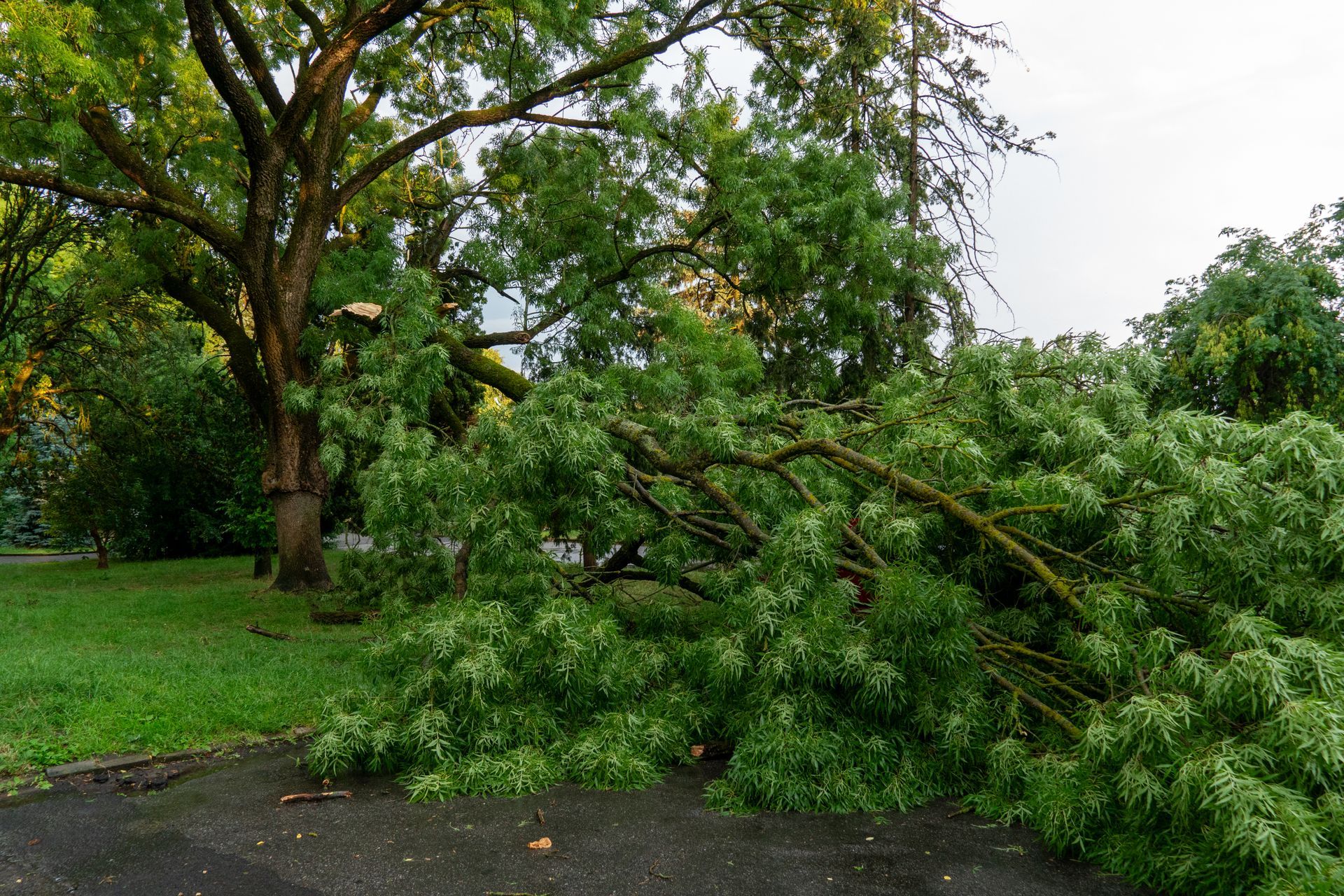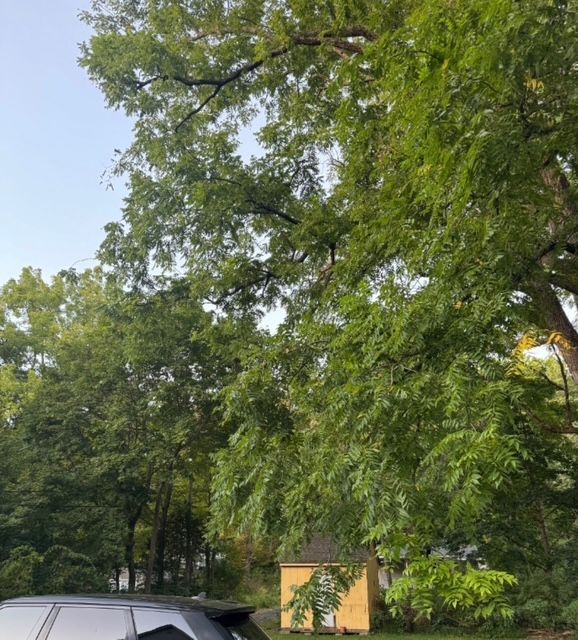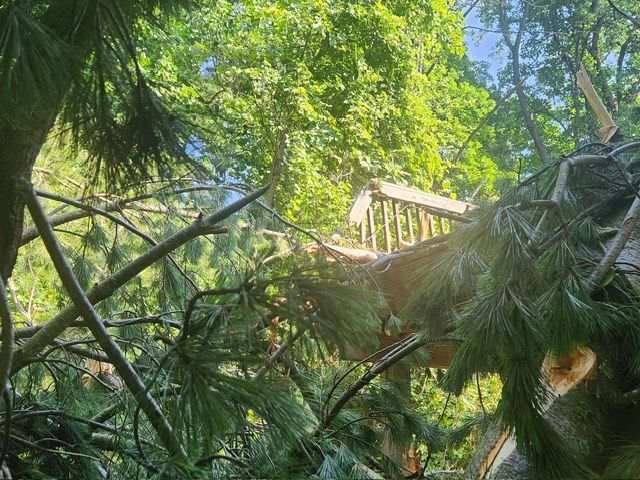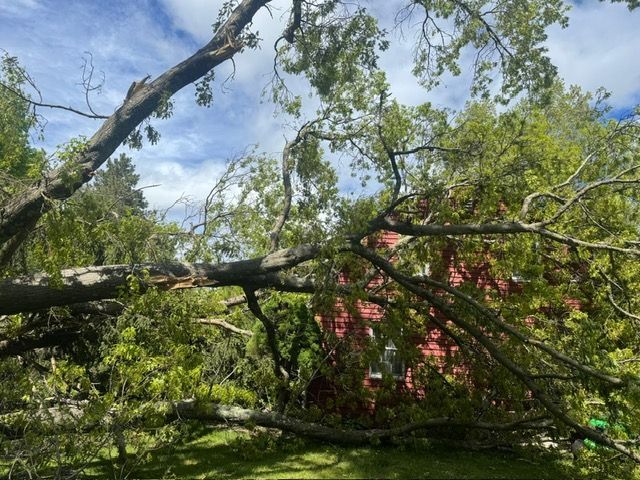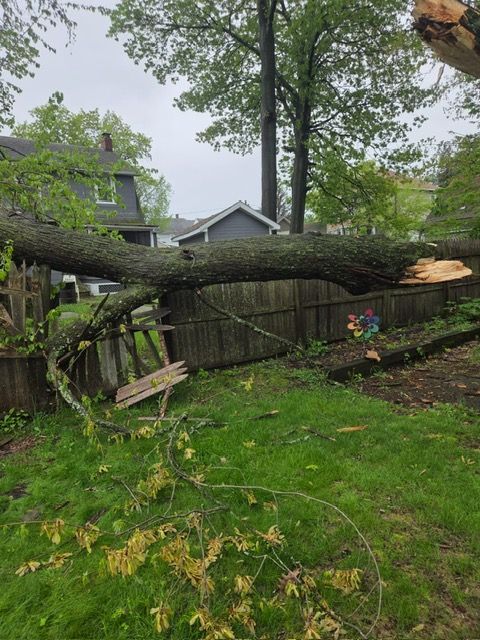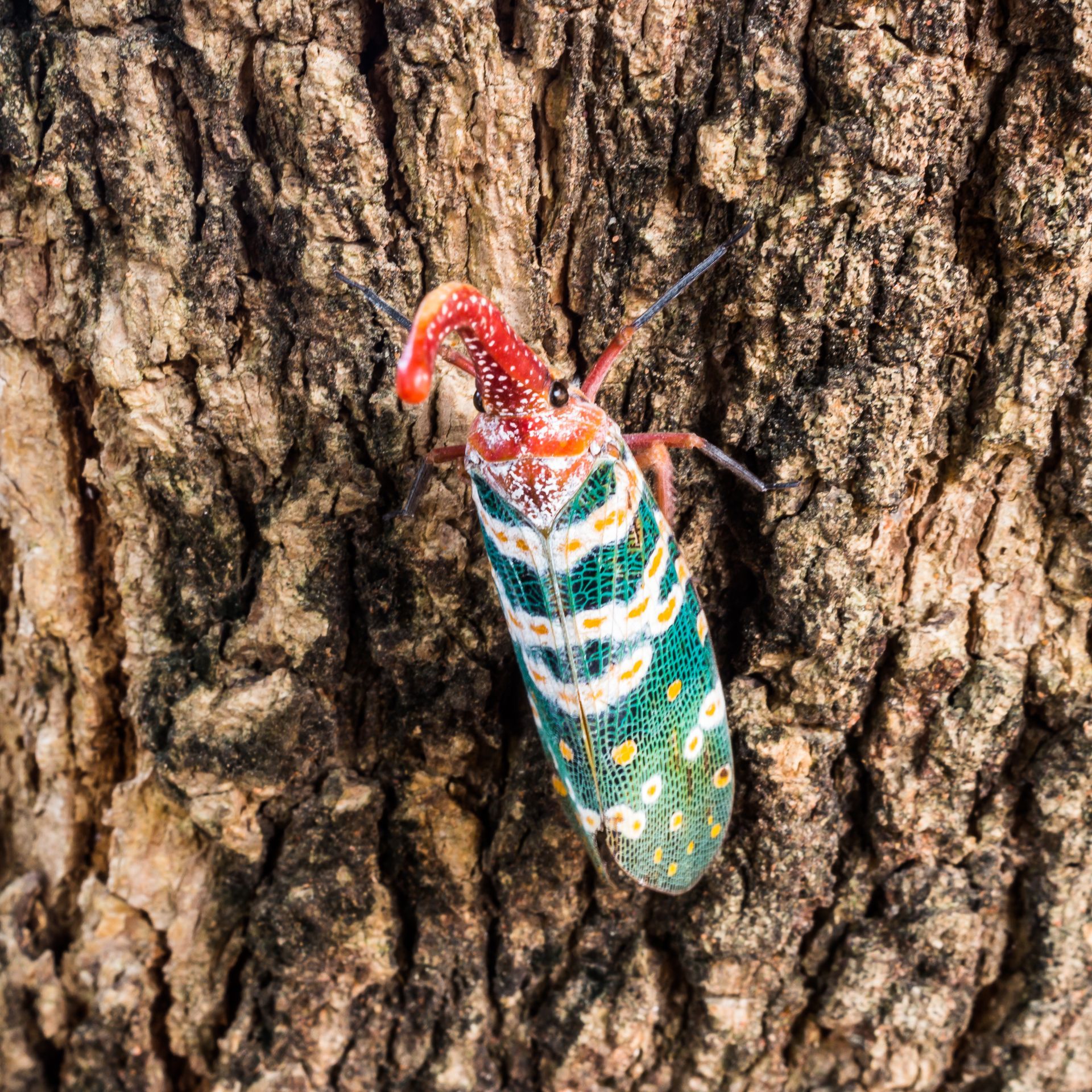How Climate Shifts Are Changing Tree Care in Farmington, CT
How Climate Shifts Are Changing Tree Care in Farmington, CT
“Storms are getting stronger, summers are hotter, and winters don’t feel like they used to.” That’s something we hear from Farmington homeowners all the time. And they’re right — the climate in Connecticut is shifting, and your trees are feeling the impact.
Trees might seem tough, but shifts in weather take a real toll on them. A species that grew strong here a generation ago might now be battling new insects, drier summers, or harsher storms. For homeowners in Farmington, Avon, West Hartford, and Burlington, tree care has become less about routine maintenance and more about adapting to protect your property and keep your landscape healthy.
Hotter Summers Mean More Stress
Farmington summers have been creeping hotter and drier. That puts stress on maples, oaks, and ornamentals that aren’t built for extended heat waves. Drought stress shows up as leaf scorch, early browning, and slow growth.
What can you do?
- Deep watering during dry spells (but not frequent shallow watering).
- Mulching to hold soil moisture.
- Avoiding pruning during heat waves when trees are already stressed.
Heavier Storms, Bigger Risks
If you’ve lived in Farmington long enough, you’ve seen the damage from sudden microbursts or ice storms. Stronger storms mean more fallen limbs and uprooted trees — and more emergency calls for tree removal.
Preventative steps go a long way:
- Regular tree inspections, especially for older or leaning trees.
- Proactive trimming to thin heavy branches.
- Cabling or bracing for trees worth saving but structurally at risk.
New Pests and Diseases
Climate shifts also bring uninvited guests. Warmer conditions allow pests like the spotted lanternfly and diseases like oak wilt to spread faster. These pests don’t just damage trees; they can wipe out entire species if unchecked.
Stay ahead by:
- Scheduling annual health checkups for your trees.
- Learning to spot early signs (egg masses, unusual leaf damage, or fungal growth).
- Calling in a licensed tree service at the first sign of infestation.
Winters That Don’t Always Act Like Winters
You may have noticed milder winters in Farmington lately. While that sounds nice, it means certain pests don’t die off the way they used to. It also confuses trees that depend on cold dormancy cycles. A warm February followed by a late frost in March can shock buds and weaken growth.
The fix? You can’t control the weather, but you can strengthen trees through good maintenance: pruning deadwood, fertilizing correctly, and protecting young trees with burlap wraps or guards.
What This Means for Homeowners
Climate change may sound like a global issue, but its impact is right in your backyard. The difference between a healthy tree that weathers the next storm and one that topples into your driveway often comes down to preparation.
At Fleet Farmington Tree Service, we’ve adjusted our care strategies to match today’s conditions. From preventive trimming to emergency storm cleanup, we help homeowners in Farmington, Avon, and West Hartford stay one step ahead of the weather.
Simply put, the climate is changing, and your trees are feeling it. Watch for warning signs, stay on top of maintenance, and call local experts when needed. Taking care of your trees today keeps your home and yard safe tomorrow.
